
“If someone were to say,... 'The root of that great, standing tree — possessed of heartwood — is inconstant & subject to change, its trunk is inconstant & subject to change, its branches & foliage are inconstant & subject to change, but as for its shadow, that is constant, everlasting, eternal, & not subject to change': would he be speaking rightly?"
"No, venerable sir.
Why is that?
Because the root of that great, standing tree — possessed of heartwood — is inconstant & subject to change, its trunk is inconstant & subject to change, its branches & foliage are inconstant & subject to change, so how much more should its shadow be inconstant & subject to change."

"In the same way, .... if someone were to say, 'My six external media are inconstant, but what I experience based on the six internal media — pleasure, pain, or neither pleasure nor pain — that is constant, everlasting, eternal, & not subject to change': would he be speaking rightly?"
"No, venerable sir.
Why is that?
Because each feeling arises dependent on its corresponding condition. With the cessation of its corresponding condition, it ceases."
If you look at the mind works model below (Figure 1) you can see feeling depends on contact which is impermanent. Contact depends on the union of three, the eye, an object and the eye-consciousness which are also impermanent. The eye is impermanent and the object too is impermanent. Therefore it is impossible for the feeling to be permanent as it depends on series of dependent conditions which are all impermanent. The same applies to all the other senses too. This is our "world".
So all the feeling pleasant, unpleasant or neural that arises as a result of of our senses which are impermanent. Same is true for body (form), perception, mental formations, consciousness. These are the five aggregates. The human being is nothing but a collection of five aggregates, a process of complex and rapidly changing (impermanent) psycho-physical organism (name-and-form), sustained by nutriments, driven by craving in the background of ignorance. However "it' perceives, feels, thinks and cognizes (working of the mind or name) that there is is a real person, permanent soul or a being in control of it. This is a false sense of being or an illusion. This is why "it" calls "itself" this is this is "mine", this is "me" and this is,"my-self". Everything around us driven around the the false sense of "I." However there no real "I" in it. Some may call this the Ego.
If something is impermanent it is subject to change. So for example if you try to hold on to pleasant feelings this it will invariably change with time and will bring you suffering, dissatisfaction or stress. This is the basis of our suffering when we get old, sick and when we loose our loved ones.
The same is true when we experience and unpleasant feeling. Therefore there is no need to worry too much if you know that your feeling is not permanent. Even if it is difficult to understand this entire process we can simply say, "this too shall pass" and let it be. If we start worrying about it can lead to too much mental proliferation and eventually unhappiness and mental suffering. This may even lead us to depression.
Buddha wanted us to contemplate on this often to realize the true nature of impermanence. This is the "gate way" to the liberation from suffering in this world. This is one of the key contemplations of insight meditation or vipassana Meditation.
(green bubble, Figure 2).












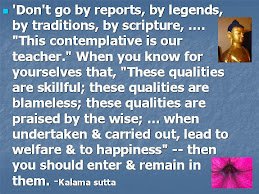


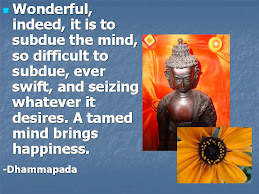
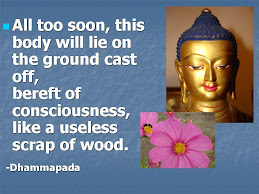

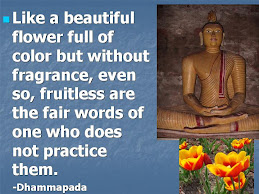
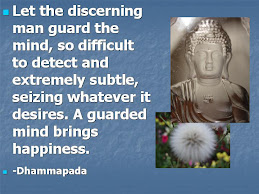


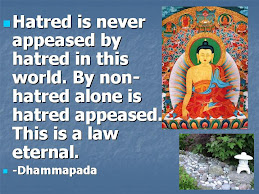
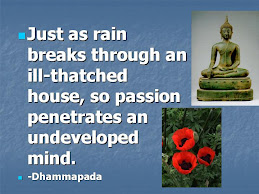
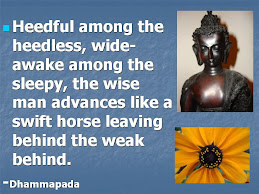

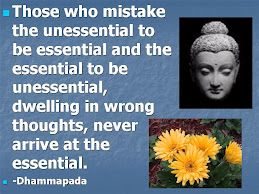
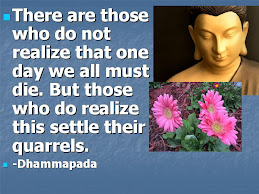
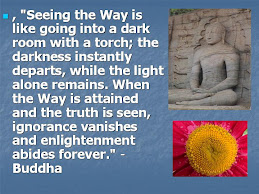
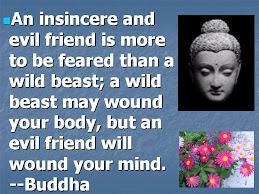

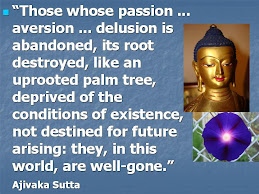
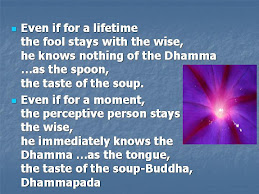

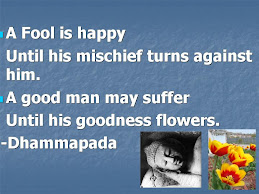
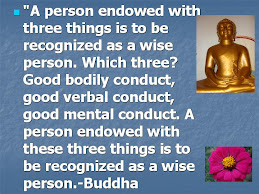
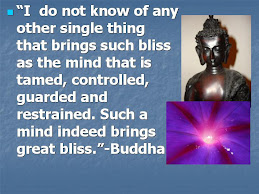
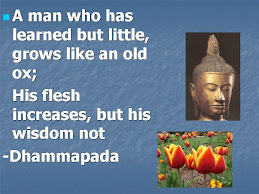
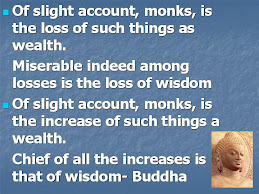

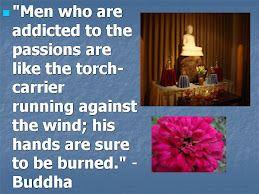
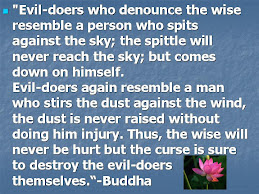

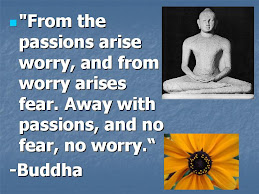
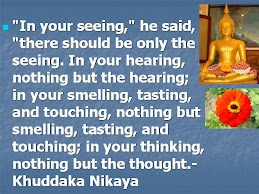


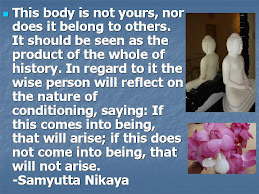
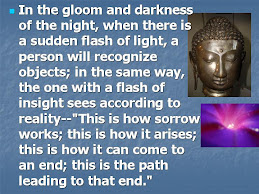



No comments:
Post a Comment